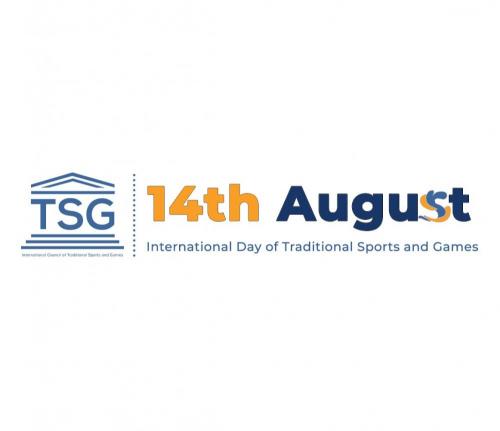
https://en.unesco.org/themes/sport-and-anti-doping/traditional-sports-an...
The preciousness of every nation is as valuable to the world as it is for itself. It is worth adding to the common culture of mankind. As our responsibility body, we are committed to helping these sports gain more respect and popularity among our young people. It means that the young people are in touch with the culture they belong to, they make peace with their traditions and at the same time, they embrace the society they belong to. Peaceful youth and peace with their own society and values will establish peace and tranquillity in the world.
Many traditional sports and games are already lost and those that have survived are in danger of disappearing, owing to the various tendencies of globalisation, and convergence in the rich diversity of sports heritage toward a small set of culturally homogenous sports.
This has occurred because of the globalisation of communication networks by an ever-decreasing number of media organisations whose legitimate aim is to gain as large a readership or viewership as possible via minimum expenditure. This is achieved by appealing to the mass market which favours mainstream sports. In this environment, soccer has become the dominant world spectator and participative sport. The “Beautiful Game” however is culturally homogenous and its identity is arguably indistinct.
In contrast, traditional sports almost exclusively have an amateur ethos and their associations lack significant financial resources, albeit with a small number of notable exceptions. In conjunction with this amateur ethos, traditional sports associations are altruistic in their support of other traditional sports. This rich collective heritage is managed by sporting organisations and governing bodies with few salaried employees and relies on volunteers working tirelessly to retain and promote their sport as a social duty. In addition, traditional sports and their organisational structures are a central nurturing hub to retain, promote and pass on more widespread non-sporting aspects of cultural heritage.
ICTSG is also the proprietor of the “World Traditional Sports and Games” in which teams representing all the Member States of ICTSG will be participating. ICTSG’s initiative to organize TSG Events is part of the programme for the Safeguarding and Promotion of TSG which aims to ensure that traditional sports and games form an integral part of cultural development on a multilayer approach, thus reinforcing the implementation of the United Nation’s Sustainable Development Goals 2030. ICTSG is headed by Mr Khalil Ahmed Khan as President and Mr Shammi Rana as Secretary-General.
ICTSG plans to organize the “World Ministerial Virtual Conference on TSG” on the occasion of “International Traditional Sports Day - 14th August”. This conference/webinar will invite the attention of Honourable Ministers, Secretaries General of NATCOM from all Member States, non-Governmental Organizations (NGOs), research institutions, member International Federations (IFs), National Councils of TSG, and all other passionate supporters to join us on 14th August, so as to disseminate knowledge and shed light on various forms and different areas related to this field. The main purpose of holding this conference/webinar is to provide participants with an opportunity to network and become acquainted with one another and each other’s work relating to Traditional sports and games and exchange views and ideas on how we can all take the TSG safeguarding project forward. This virtual webinar will also serve to bridge the geo-graphical/knowledge gap between the Member States of different regions.










Add new comment